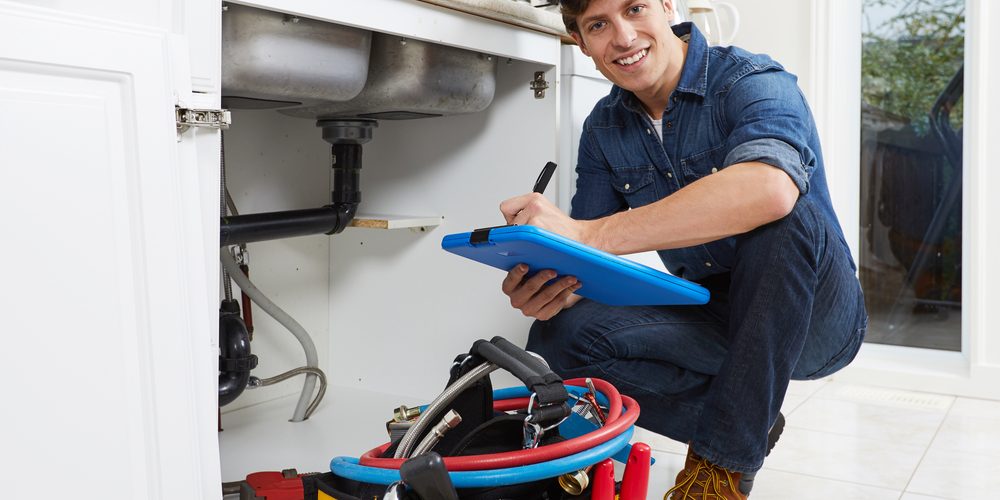Becoming a certified plumber may open the door to a multitude of jobs and provide a lot of bonuses. If you really want to pursue a plumbing profession, the very next step is to acquire what it takes to create your dream.
The road to becoming such a plumber differs widely from state to state, and that from city to city. However, there are some conditions that most places must meet. Learn the fundamentals of obtaining a plumbing certification and locate tools in your region to support you in getting going.
#1 Create a solid educational foundation
Earning a high school diploma or equivalent, such as a GED, is the first step toward a career as a professional plumber. A basic understanding of reading, writing, science, and arithmetic is required for any employment in the pro trade business. Plumbers must have high math and scientific skills since their work frequently includes taking exact measures and measuring water.
#2 Enroll in technical programs
After you’ve completed your high school diploma, you’ll need to enroll in technical plumbing courses. Becoming a licensed plumber in so many places, you must first complete a specified number of classroom hours. A plumbing and gas school, as well as a number of public and private institutions and programs, provide technical courses. For details concerning plumbing programs in your region, contact local community colleges, trade schools, unions, or professional plumbing groups.
Advantages of Choosing Plumbing as a Career
- A plumbing class four certification course may teach you a variety of skills. The training is designed for gas fitters and certified plumbers who wish to broaden their professional knowledge. You can start your own contracting firm and advance to the level of supervisor in your profession.
- This course at the plumbing and gas school will teach you a variety of new abilities. You have the ability to create sanitary drainage systems. You may construct a residential plant to handle household waste in the same way that plants do. You will be able to learn how to install the gas and roof drainage systems.
- You may also learn how to install cold and hot water systems in homes or businesses. You can learn to read plans and provide interpretations for them. You may estimate and do jobs for others.
- You may hone your skills by enrolling in plumbing school and taking these types of courses. This will shape you into a strong worker with high ethical standards. You should be able to work alone without any assistance. You can improve your organizational and managerial abilities.
- You may reach your objectives by improving your working talents. After completing this certification course, you will have a plethora of job options. You can work as a plumber, a fitter contractor, or even create your own firm. Your improved abilities can help you build your business.
#3 Look for an apprenticeship
Probably depending on where you reside, you may be told to work as an apprentice with an experienced plumber for a set length of time. The duration of the internship will differ, but it might last two to five years. You may be capable of completing your apprenticeship while attending technical classes.
#4 Take the test
Several places will require you to complete a written exam, a practical test, or both in order to obtain your plumbing license. If testing is necessary in your location, you will most likely have had to take it after you have concluded your technical courses and the apprenticeship program.
Why should you get to be a licensed plumber?
Here are some of the pros of becoming a plumber—
- You can create a great career. The average compensation for a plumber in 2016 was more than $50,000, according to the Bureau of Labor Statistics.
- Affordably priced education. A plumber might be trained in a trade school or a community college. There will be no enormous student loan debt.
- Opportunity. You have the option of starting your own business.
- Job security. People will always require plumbers, regardless of the health of the economy. Leaky toilets must be repaired regardless of the economic situation.
Conclusion
Whether you are a seasoned plumber or just starting out, the benefits of getting your license are numerous. You can feel confident going into any job knowing that you have the legal right to perform those repairs. Finding and retaining good jobs will also be easier with a license, as most companies prefer to hire someone who is legally authorized to do the work required. If you are interested in obtaining your qualification for plumbing repair services, contact us at our number today!







